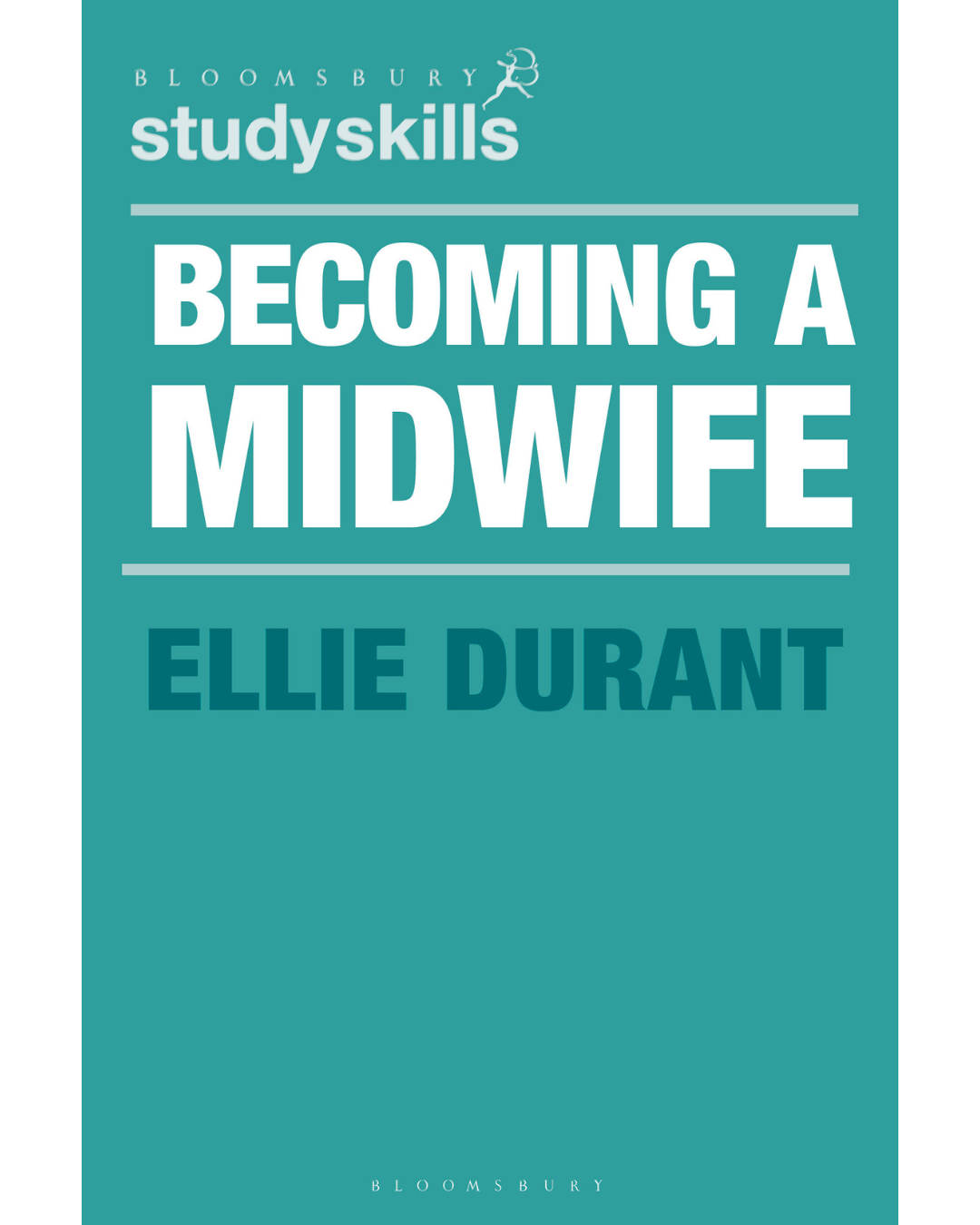[𝐃𝐚𝐲 𝟏𝟗] 𝐀𝐦𝐚𝐳𝐢𝐧𝐠 𝐓𝐡𝐢𝐧𝐠𝐬
𝘛𝘩𝘪𝘴 𝘪𝘴 𝘢𝘯 𝘪𝘯𝘴𝘵𝘢𝘭𝘮𝘦𝘯𝘵 𝘰𝘧 𝘢 𝟸𝟷-𝘥𝘢𝘺 𝘸𝘳𝘪𝘵𝘪𝘯𝘨 𝘴𝘦𝘳𝘪𝘦𝘴 𝘰𝘯 𝘵𝘩𝘦 𝘵𝘩𝘦𝘮𝘦 𝘰𝘧 '𝘎𝘳𝘢𝘯𝘥𝘸𝘪𝘧𝘪𝘯𝘨', 𝘪.𝘦. 𝘮𝘪𝘥𝘸𝘪𝘧𝘪𝘯𝘨 𝘵𝘩𝘦 𝘮𝘪𝘥𝘸𝘪𝘧𝘦. 𝘠𝘰𝘶 𝘤𝘢𝘯 𝘴𝘦𝘦 𝘵𝘩𝘦 𝘸𝘩𝘰𝘭𝘦 𝘵𝘩𝘪𝘯𝘨 𝘩𝘦𝘳𝘦
[𝐃𝐚𝐲 𝟏𝟗] 𝐀𝐦𝐚𝐳𝐢𝐧𝐠 𝐓𝐡𝐢𝐧𝐠𝐬
At the moment I'm finishing off some one to one sessions for the Letter Set project. This was a series of letters to be opened day by day over January. I put them in beautiful boxes and posted them out. The letters were about joy, trauma and restoration in midwifery. I was amazed that midwives from the UK, but also Australia, Canada and the USA wanted a box. And each Saturday for a month, we had a group call on Zoom and talked about the hardest and best things that had happened to us in practice.
A common theme coming up in our private sessions is that many of these midwives resonated with a letter towards the end of the set. In this letter, I wrote about how on some intrinsic level, I don’t feel like a good midwife. This is something I'm discussing with students and midwives elsewhere too. There were so many others who felt the same way; even if they were very established in their careers, there was the feeling that other, even less experienced midwives were better professionals for inherent reasons. I guess this could be described as 'imposter syndrome', but I always thought that was to do with performance, as opposed to who you are as a person. I think it goes deeper than that, and I'm not convinced this phenomenon is common garden variety 'just being human' either.
I talked about all this with my therapist, who probed a bit more. I said, ‘I can be scatty at work’ and she said, ‘okay, but that’s a very different statement to ‘I don’t feel like a good midwife’. And then she suggested that many midwives could do with more narcissism, which made me laugh.
I once had a conversation about all this with a very successful midwife. She is generally acknowledged to be skilled and talented. She told me that the difference between being a good midwife and not is the confidence to believe in yourself. I think this is true. I'm glad we have people like this midwife around. And sometimes I have clung to this confidence idea like it's a floatation device. But the implication that confidence is something that can be invoked if we just use enough force is not something that works for me in the long term.
There are considerable differences in the evenness of our playing fields when it comes to living into confidence. We know that Black and brown midwives are more likely to face fitness to practice proceedings, for example (though, tellingly, these hearings generally do not result in these midwives being sanctioned or struck off). I've talked about the background of trauma in this series, and midwives who dissociate when facing triggering events are going to have problems believing in themselves. And managing chronic conditions will impact where we fit into our teams too.
Our task is to build ourselves up instead of tearing ourselves down. But if you find this hard, there is nothing wrong with you as a person. You probably just don't have access to the same emotional privilege as the midwives who can make a commitment to being confident. And being encouraged to bypass the feelings of not good enough can make you feel worse.
What does work for me is knowing that a group of midwives who I trust, some of whom are hugely experienced, have gone through this as well. Given space, time and acceptance, they have done amazing things. Midwifing the midwife involves making room for these feelings and keeping going. We can do amazing things too.
To your needs,
Ellie.
p.s.
In part I'm writing this series to help launch my new book, ‘Becoming a Midwife: A Student’s Guide’. It's out 23/2/23.

